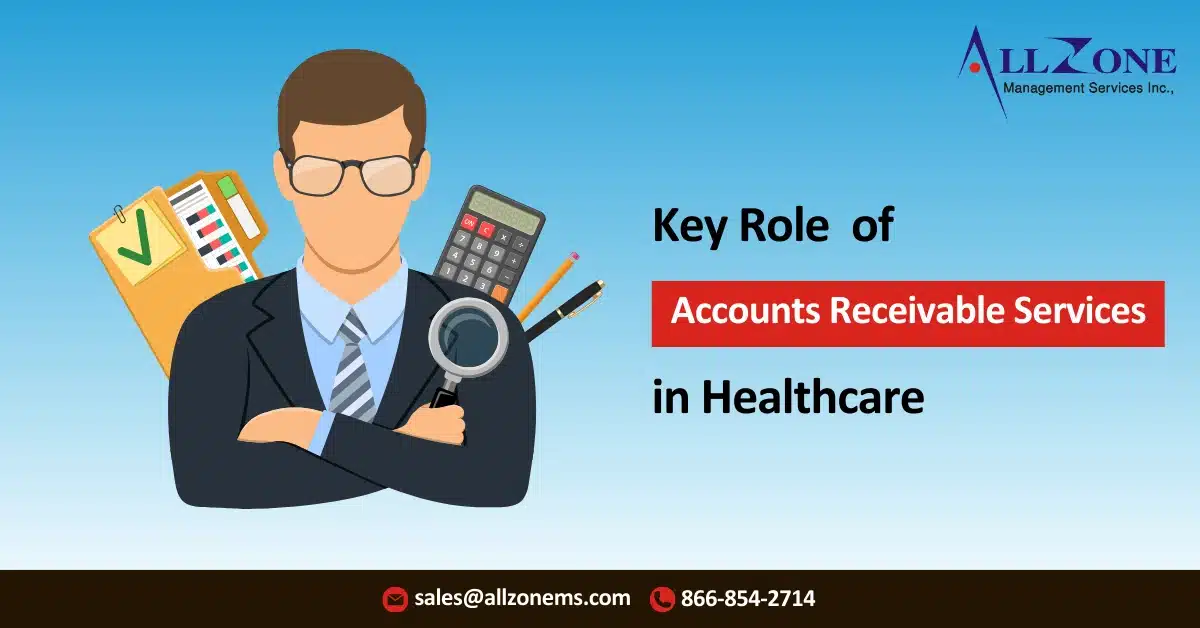Accounts receivable (AR) services are often overlooked but play a crucial role in the financial health of any business. These services involve managing the process of collecting outstanding payments from customers for goods or services sold on credit. Effective AR management can significantly impact a company’s cash flow, profitability, and overall financial stability.
The Importance of Accounts Receivable Services
- Improved Cash Flow: Prompt payment collection is essential for maintaining a healthy cash flow. AR services help businesses streamline the collection process, reducing the time it takes to convert invoices into cash. This ensures that funds are available for day-to-day operations, investments, and debt repayment.
- Enhanced Profitability: Delayed payments can lead to decreased profitability due to increased financing costs and potential write-offs. By efficiently managing AR, businesses can minimize bad debt expenses and maximize revenue, improving their bottom line.
- Strengthened Financial Stability: A well-managed AR department contributes to a stronger financial position. Consistent cash flow allows businesses to meet their obligations, invest in growth, and withstand economic downturns.
- Improved Customer Relationships: Effective AR management involves maintaining open communication with customers and providing excellent customer service. This can help build stronger relationships, increase customer satisfaction, and encourage repeat business.
- Reduced Administrative Burden: Managing AR can be time-consuming and resource-intensive. Outsourcing these tasks to specialized AR service providers can free up internal resources to focus on core business activities.
- Access to Expert Knowledge: AR service providers have the expertise and experience to handle complex collection situations and implement best practices. This can help businesses avoid costly mistakes and optimize their collection processes.
- Risk Mitigation: AR services can help businesses mitigate the risk of bad debt by implementing effective credit policies, monitoring customer payment history, and taking proactive steps to collect overdue payments.
- Improved Creditworthiness: A well-managed AR department can enhance a business’s creditworthiness. Lenders and investors are more likely to provide favorable terms to companies with strong financial performance and effective credit management.
- Compliance with Regulations: AR services can help businesses comply with various financial regulations, including tax laws and accounting standards. This can reduce the risk of penalties and legal issues.
- Data-Driven Decision Making: AR service providers often use advanced analytics and technology to track key performance indicators (KPIs) and provide valuable insights. This data can help businesses make informed decisions about credit policies, collection strategies, and overall financial management.
Key Components of Effective Accounts Receivable Services
- Credit Policy Development and Implementation: A well-defined credit policy helps businesses assess customer creditworthiness and set appropriate credit limits.
- Invoice Processing and Distribution: Accurate and timely invoice generation and distribution are essential for efficient AR management.
- Customer Follow-up and Collection: AR professionals use various techniques, such as phone calls, emails, and letters, to follow up with customers and collect overdue payments.
- Bad Debt Management: Effective bad debt management involves identifying and addressing potential write-offs while minimizing losses.
- Reporting and Analytics: Regular reporting and analysis of AR data help businesses monitor performance, identify trends, and make data-driven decisions.
By leveraging the expertise and resources of Allzone MS AR service providers, businesses can significantly improve their financial performance, reduce administrative burdens, and strengthen their overall competitiveness.
Accounts Receivable Services vs. Accounts Receivable Follow-up Services
Accounts receivable services and accounts receivable follow-up services are both related to managing the money owed to a business by its customers, but they have different scopes and focuses.
Accounts Receivable Services
- Broader scope: Includes all aspects of managing accounts receivable, from billing and invoicing to credit management, collections, and reporting.
- Comprehensive: Covers the entire lifecycle of an invoice, from creation to payment.
- Diverse tasks: Involves various activities such as customer service, dispute resolution, and compliance.
Accounts Receivable Follow-up Services
- Narrower focus: Specifically targets the process of following up on overdue invoices and collecting outstanding payments.
- Targeted approach: Concentrates on recovering funds rather than managing the entire accounts receivable process.
- Limited tasks: Primarily involves contacting customers, sending reminders, and negotiating payment terms.
In essence, accounts receivable follow-up services are a subset of accounts receivable services. While follow-up services are crucial for recovering unpaid invoices and improving cash flow, they are part of a larger suite of activities that collectively constitute accounts receivable management.

